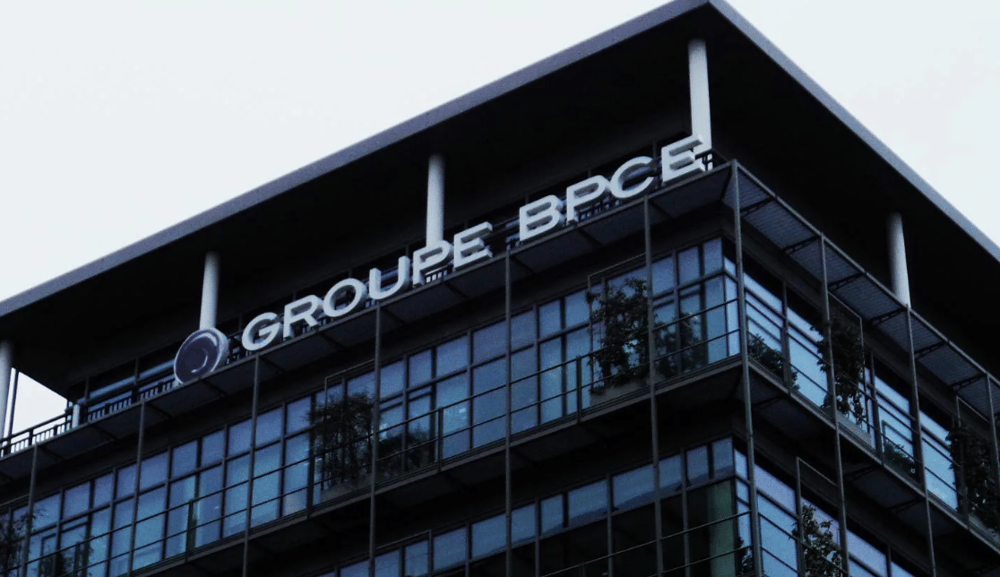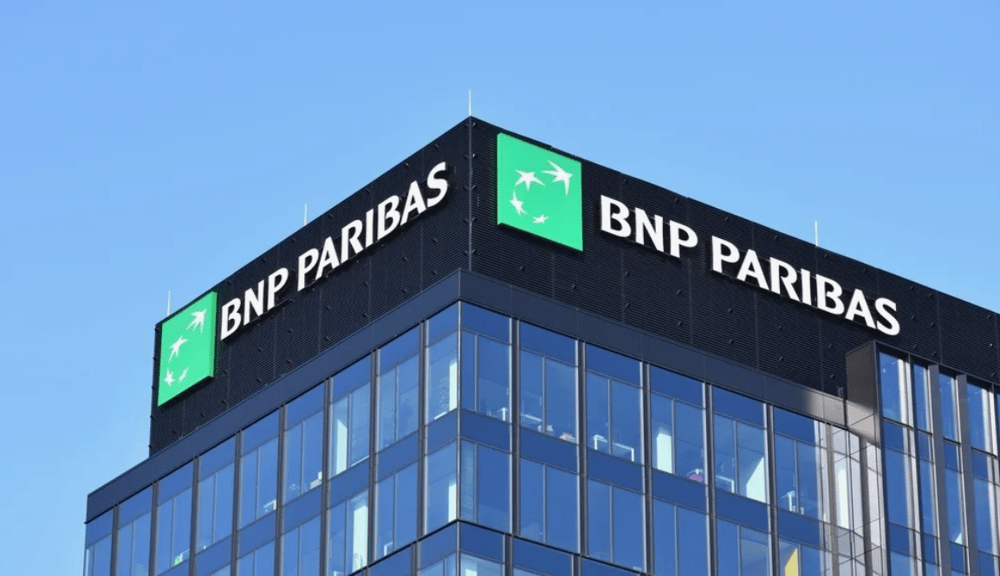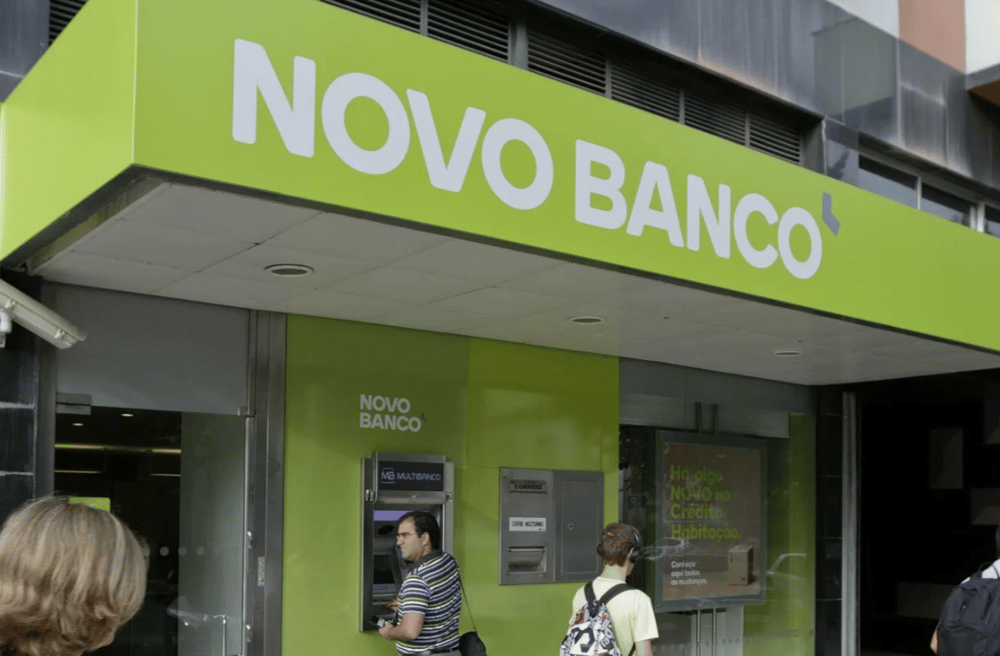Lone Star to Exit Novo Banco in €7 Billion Deal with France’s BPCE Amid Shifting
In a development poised to reshape the Portuguese financial sector, U.S.-based private equity firm Lone Star Funds has reportedly agreed to sell its 75% stake in Novo Banco to France’s Groupe BPCE, one of the largest banking groups in Europe. According to the Portuguese financial news outlet ECO, the transaction would value Novo Banco—Portugal's fourth-largest lender—at approximately €7 billion (≈ $8.14 billion USD).
While official confirmation is pending, ECO states the decision has been finalized and is expected to be formally disclosed to the market imminently. The deal marks a significant cross-border acquisition in the eurozone banking sector and signals renewed investor confidence in Portuguese financial institutions following years of restructuring and recapitalization.
Implications of the Lone Star–BPCE Deal
The proposed transaction would conclude Lone Star’s investment in Novo Banco, which began in 2017 following the aftermath of Portugal’s banking crisis. The sale to BPCE—a French cooperative banking conglomerate that controls Banques Populaires and Caisses d’Epargne—represents not only a strategic expansion for the French group but also a notable exit for U.S. private equity from Southern European financial assets.
The €7 billion valuation reflects a substantial recovery in Novo Banco’s balance sheet and profitability after years of deleveraging and state-backed stabilization. Analysts interpret BPCE’s acquisition as part of a broader trend of French banking consolidation in peripheral eurozone economies, particularly amid favorable borrowing conditions and euro (EUR) stability.

Quick Facts
💼 Seller: Lone Star Funds (USA)
🏦 Buyer: Groupe BPCE (France)
📊 Target: Novo Banco, Portugal’s 4th-largest lender
💰 Valuation: €7 billion (≈ $8.14 billion USD)
📅 Timeline: Decision finalized, market announcement pending
🌍 Region: Eurozone financial sector
Market Response and Sector Commentary
The pending acquisition has drawn attention from eurozone banking analysts and institutional investors. It is viewed as a vote of confidence in the Portuguese economy and financial system, particularly given Novo Banco's turbulent history following the collapse of Banco Espírito Santo in 2014.
From a strategic standpoint, BPCE gains immediate retail and corporate banking exposure in a high-margin Southern European market with improving macroeconomic fundamentals. For Lone Star, the divestment aligns with portfolio rotation strategies typical of private equity exits after achieving asset stabilization.
Moreover, the transaction may catalyze further M&A activity in European mid-tier banking, as regulatory capital buffers improve and ECB interest rate policy trends toward normalization.

Key Points
Lone Star's exit concludes a significant restructuring chapter in Portuguese banking.
BPCE expands its geographical footprint and diversifies revenue streams through Novo Banco.
The €7 billion valuation suggests strong market confidence in Novo Banco’s turnaround.
Euro (EUR) strength and interest rate normalization support regional M&A.
Signals renewed institutional appetite for eurozone financial assets post-crisis.
Strategic and Sectoral Significance of the Acquisition
The sale of Novo Banco by Lone Star to Groupe BPCE underscores a pivotal shift in ownership dynamics within European banking, where stabilized southern markets are once again viewed as attractive by core eurozone financial institutions. The deal not only reflects improved bank asset quality in Portugal but also underlines the interplay between private equity divestment cycles and strategic banking consolidation.
If confirmed, the acquisition could mark the largest foreign-led banking investment in Portugal in recent years, setting the tone for further cross-border activity in the sector. It also reaffirms the role of France’s BPCE as a key consolidator in the evolving EU banking union landscape.















Comments
The strategic shift reflects how innovation and capital are converging in the automation space